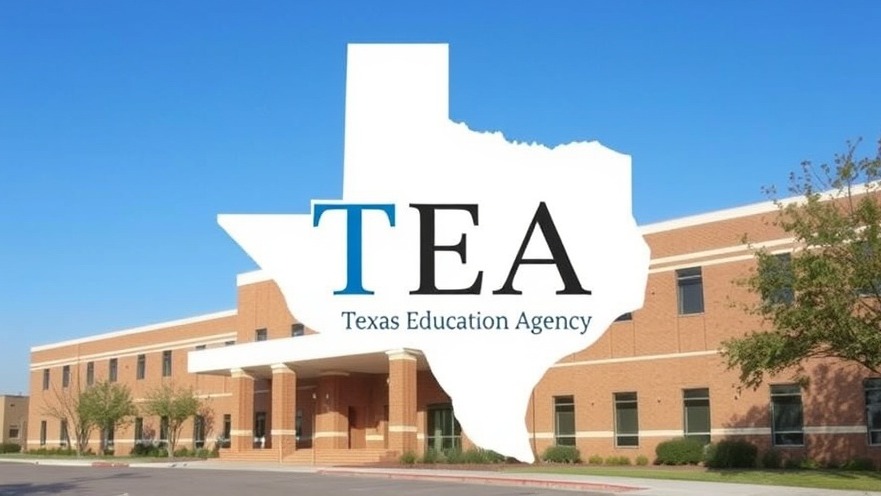
Texas Schools Face Unprecedented Challenges
In a striking revelation, five Texas school districts find themselves on the brink of state intervention, marked by their recent performance ratings. With growing concerns about educational quality and accountability, these districts now grapple with the threat of a state takeover, a move that highlights the escalating challenges within the Texas public education system.
The State's Red Flags: What They Mean for Communities
The recent ratings released by the Texas Education Agency (TEA) paint a sobering picture for several school districts. Falling short of state standards not only triggers potential state intervention but also stirs widespread community anxieties. Residents and parents alike worry that a looming state takeover could strip away local control, leading to changes that might not align with the community's values or needs. This situation raises critical questions about how state actions shape the educational landscape, emphasizing the need for constructive dialogue among stakeholders.
Realities of Educational Funding in Texas
A significant aspect contributing to this crisis is funding disparities among Texas’s school districts. The current funding model often leaves under-resourced districts struggling to provide adequate educational programs. According to experts, issues of inequity not only impact school performance but also student outcomes, making targeted interventions essential. The TEA has responded by allocating additional resources to struggling districts, but will it be enough to avert a state takeover?
The Community's Call to Action: Engaging Local Voices
As the threat of state intervention looms, communities are mobilizing to voice their concerns. Local organizations are advocating for greater transparency in educational reforms and policy making. Parents, educators, and community leaders are coming together to press for comprehensive solutions that address underlying issues rather than mere oversight by the state. This grassroots movement underscores the importance of inclusive discussions that amplify the voices of those directly affected by education policies.
Future Predictions: Can Local Control Survive?
As Texas navigates this precarious landscape, the future of local control in education hangs in the balance. Experts predict that if state actions do not align with community needs, there may be significant backlash leading up to the elections in 2025. The evolving debate on educational policy is not just reflective of the struggles within these five districts; it resonates across the state, highlighting critical questions about governance, accountability, and community involvement in education.
Common Misconceptions about State Takeovers
Often misunderstood, state takeovers are not panaceas. The notion that an external authority can solve deep-rooted issues overlooks the complexities of local dynamics. Critics argue that such measures can disrupt school culture and create further issues instead of solving existing problems. This complexity necessitates a reevaluation of such strategies in favor of more collaborative, community-driven approaches.
Conclusion: Engaging in the Dialogue
The situation of the five Texas school districts serves as a call to action for communities to engage deeply in discussions about education reform. Understanding the implications of state takeover is vital for fostering effective advocacy. Stakeholders must work together towards solutions that not only improve school ratings but also uplift the educational experiences of Texas students.
As the conversation continues, keep informed on Texas education news and the implications of these ratings on local communities.
 Add Element
Add Element  Add Row
Add Row 



Write A Comment